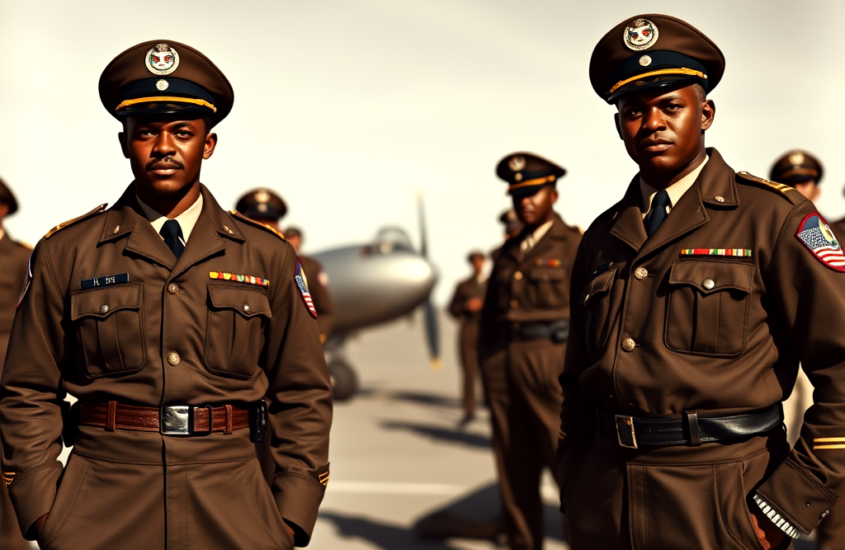The Legacy of America’s First Black Military Aviators
The Tuskegee Airmen represent a pivotal chapter in United States military history, symbolizing courage, resilience, and the fight against racial discrimination. Recently, the U.S. Air Force has taken a significant step by fully restoring the remarkable story of these pioneering African American pilots to its official curriculum.
Breaking Barriers in World War II
During World War II, the Tuskegee Airmen overcame systemic racism to become one of the most distinguished fighter groups in American military history. Despite facing widespread discrimination, these pilots:
- Completed over 1,500 combat missions
- Earned more than 150 Distinguished Flying Crosses
- Maintained an exceptional combat record with minimal bomber losses
Curriculum Restoration: Honoring Historical Significance
The Air Force’s decision to comprehensively integrate the Tuskegee Airmen’s story into its educational programs represents a crucial acknowledgment of their extraordinary contributions. This restoration ensures that:
- Future military personnel understand the challenges of racial integration
- The airmen’s tactical achievements are fully recognized
- Their historical struggle becomes a foundational lesson in military education
Historical Context
Established in 1941 at Tuskegee Army Air Field in Alabama, the program trained African American pilots during a time of strict racial segregation. These aviators proved their exceptional skills in the face of systemic barriers, flying P-51 Mustang fighters in the European Theater.
Notable Achievements
The 332nd Fighter Group, known as the “Red Tails” due to their distinctive aircraft markings, became one of the most respected fighter groups in World War II. Their combat record challenged prevailing racial stereotypes and demonstrated unparalleled military proficiency.
Educational Impact
By restoring the Tuskegee Airmen’s complete narrative to the Air Force curriculum, military leadership accomplishes several critical objectives:
- Promoting a more inclusive understanding of military history
- Recognizing the contributions of marginalized communities
- Inspiring future generations of military personnel
The Tuskegee Airmen’s restoration to the Air Force curriculum is more than a historical correction—it’s a powerful statement about acknowledging past injustices and celebrating extraordinary achievement against overwhelming odds.
Note: This article honors the profound legacy of the Tuskegee Airmen and their enduring impact on American military history.







